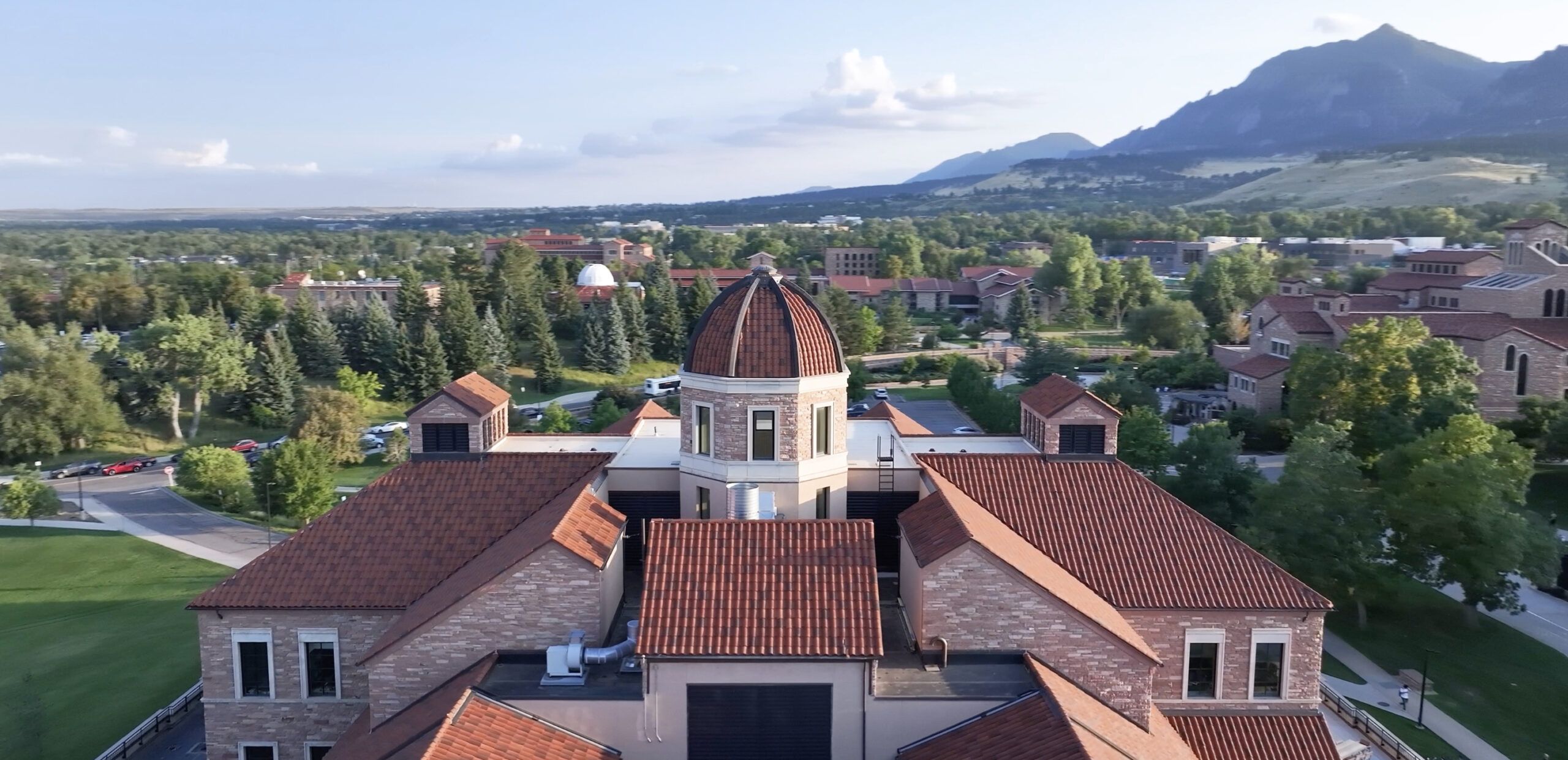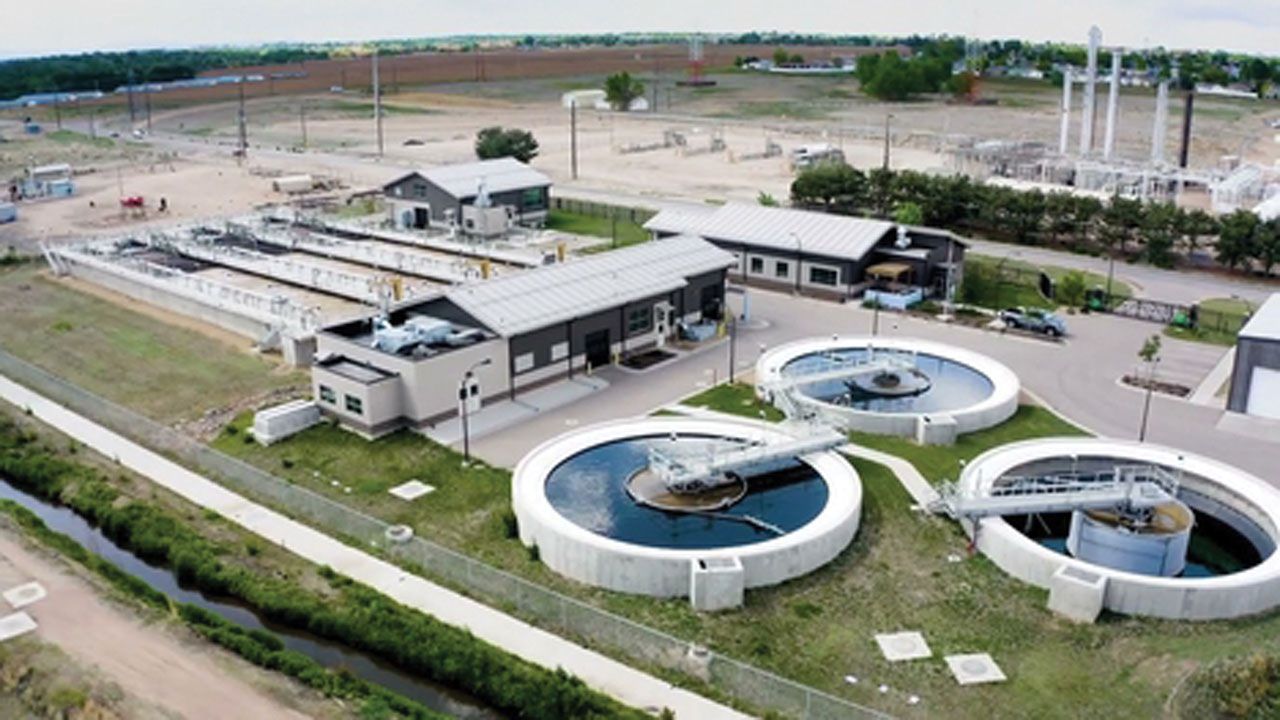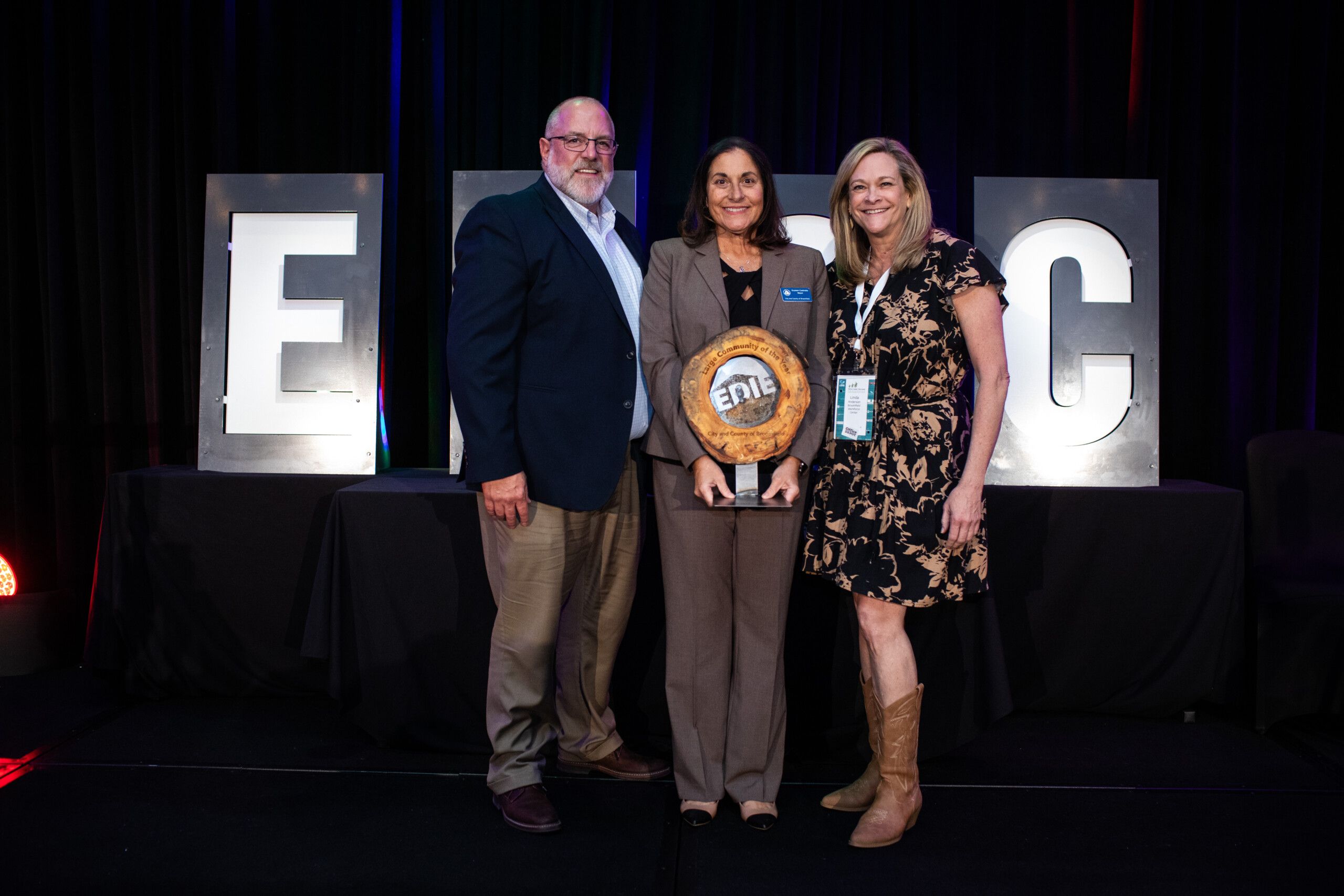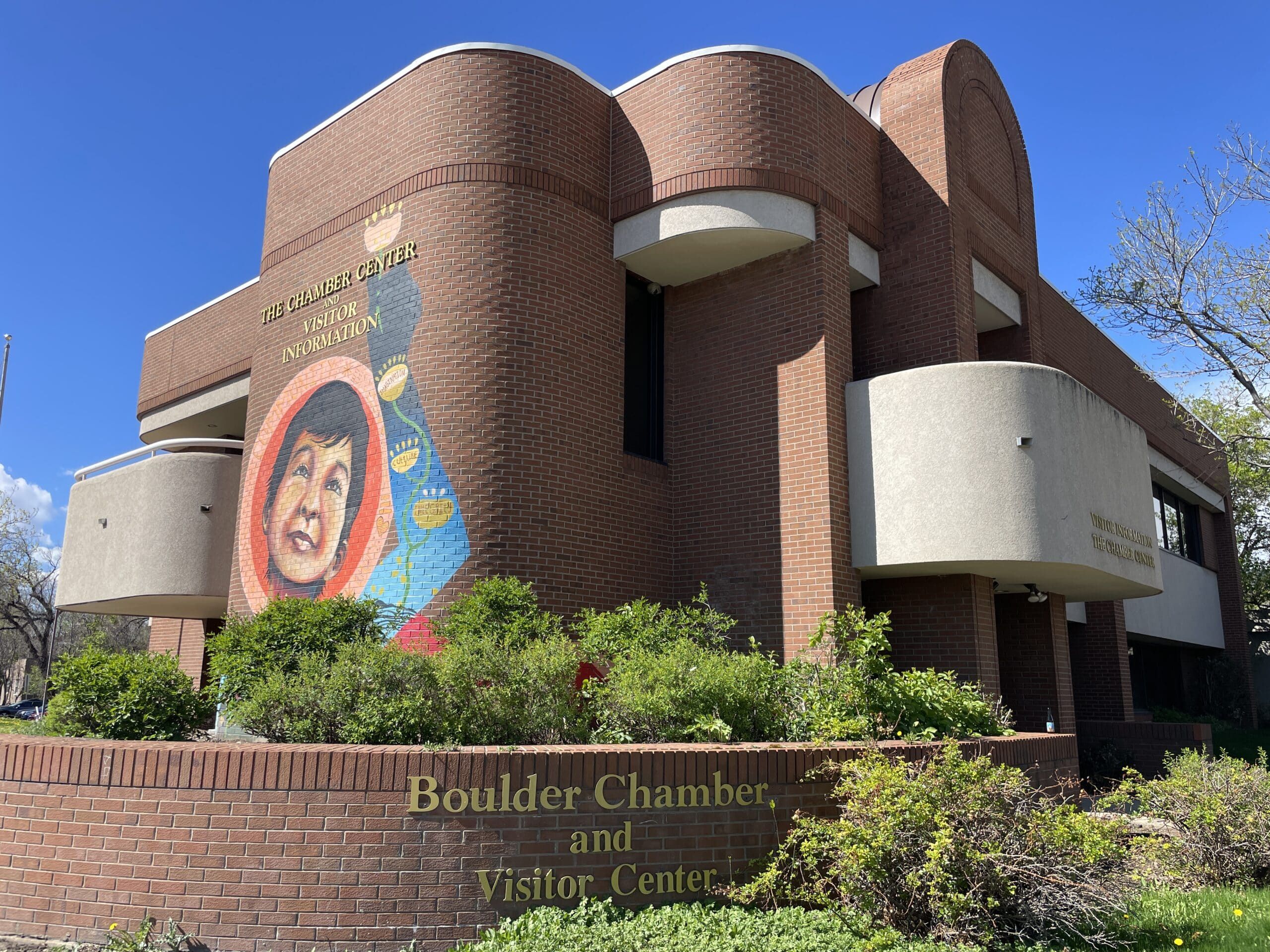BizWest CEO Roundtable: A tale of two economies
Not all economic downtowns are created equal. And within those inherently unequal recessions there are industry sectors that are left to rot in the scrap heap of capitalism and those that emerge to thrive amidst the turmoil.
Rarely has there been a starker contrast between the winners and losers in an economic crisis than the current COVID-19 pandemic.
“It’s a tale of two cities,” Dean Callan & Co. CEO Becky Gamble said, a sentiment echoed by many participants Wednesday during a BizWest CEO Roundtable on the Boulder Valley regional economy.
Keeping with the two cities analogy, the city on the rough side of the tracks includes industries such as hospitality and tourism, which have particular acute impacts in places like Colorado that rely heavily on tourism.
November and December were really challenging for hospitality and leisure employees, said Rich Wobbekind, associate dean for business and government relations at the University of Colorado Boulder Leeds School of Business. “We’re really struggling [with unemployment].”
All told, Colorado lost about 150,000 jobs in 2020, but the lion’s share of those losses came out of lower wage positions.
“It’s been really dramatic in terms of the different groups,” he said of the recession’s variable impact on different segments of society.
Women, especially those in lower paying jobs, have often felt the economic sting disproportionately, Creative Alignments LLC COE Peggy Shell said. “We have taken a huge step backward” in terms of boosting women’s positions in the workforce.
With vacationers afraid to travel and companies canceling business trips and conventions, the accommodations industry had a particularly bleak 2020.
Boulder Convention & Visitors Bureau manager Maryann Mahoney said accommodations tax revenue in the city was down 61% year over year.
“Group business is not going to come back until at least 2022,” she said, and when it does competition between hoteliers will be fiercer than ever.
Like the hospitality industry, retail was hit particularly hard during 2020.
“We are very optimistic about the future, but we feel like there’s going to be money lost in the meantime,” Pedestrian Shops president Richard Polk said.
Higher education, which has seen enrollment dips and on-campus COVID-19 outbreaks, is facing a tough outlook.
“We’ve done some layoffs and furloughs and that’s not going to let up any time soon,” CU senior strategic advisor Frances Draper said.
The health-care industry was critical in fighting back the coronavirus, but the attention paid to the pandemic left little bandwidth for much else.
About half of hospitals could have negative operating margins in 2020 due to their inability to perform elective surgeries and other profitable procedures, according to Boulder Community Health vice president of business development Paul Hinchey.
It’s not all doom and gloom, however.
“If you look at big tech, it’s been a strong year for us,” Google Boulder site director Bhavna Chhabra said.
Changes in the way employees work and interact with colleagues and clients made 2020 a banner year for technology firms working in spaces such as video conferencing, cloud computing and cybersecurity.
The real estate market has been something of a mixed bag. Segments of the commercial sector are struggling while the residential market is thriving.
“Our phones didn’t stop ringing when the pandemic struck,” ReMax of Boulder managing broker Todd Gullette said.
PG Arnold Construction LLC president Paul Arnold agreed and said, “Residential seems to have kept on chugging along and maybe even picked up and gotten hotter.”
While retail and certain portions of the office sector are in dire straits, there are still bright spots in the commercial real estate market.
Local life science office tenants looking to expand and out-of-state biotech companies are knocking down brokers’ doors trying to get into new space in the Boulder area, Gamble said.
Last year was a rollercoaster ride for charities and nonprofit groups, with money flooding in early to support frontline relief efforts but drying up for causes such as environmental conservation, Community Foundation Serving Boulder County CEO Tatiana Hernandez said.
Despite the plethora of challenges, Boulder business leaders stressed the importance of optimism.
“There’s a long tunnel ahead but I think in the long term we’ll be OK,” said Downtown Boulder Partnership’s Chip, who legally goes by only one name.
BizWest’s CEO Roundtable is sponsored in the Boulder Valley by Plante Moran, Berg Hill Greenleaf Ruscitti LLP and Bank of Colorado. Attending were Jim Cowgill, Jeremy Wilson and Sean Nohavec, Plante Moran; Aaron Spear, Bank of Colorado; and Ashley Cawthorn, Berg Hill Greenleaf Ruscitti.
© 2021 BizWest Media LLC
Not all economic downtowns are created equal. And within those inherently unequal recessions there are industry sectors that are left to rot in the scrap heap of capitalism and those that emerge to thrive amidst the turmoil.
Rarely has there been a starker contrast between the winners and losers in an economic crisis than the current COVID-19 pandemic.
“It’s a tale of two cities,” Dean Callan & Co. CEO Becky Gamble said, a sentiment echoed by many participants Wednesday during a BizWest CEO Roundtable on the Boulder Valley regional economy.
Keeping with the two cities…
THIS ARTICLE IS FOR SUBSCRIBERS ONLY
Continue reading for less than $3 per week!
Get a month of award-winning local business news, trends and insights
Access award-winning content today!





